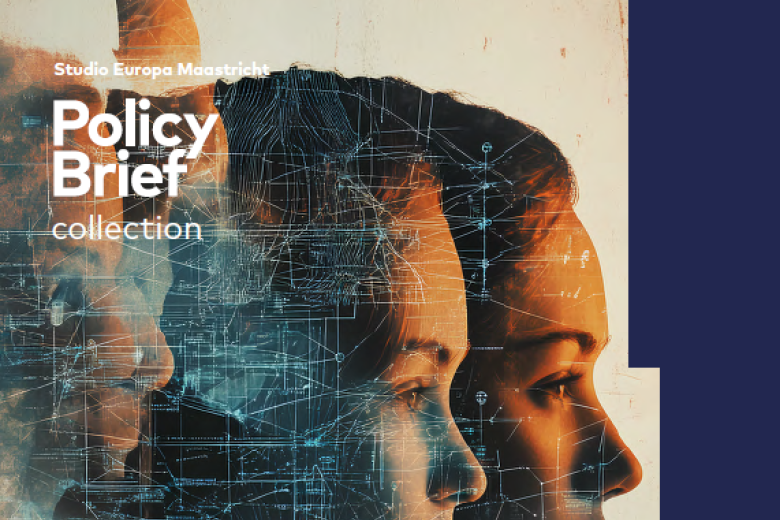
Don't want to commit to one specific area of law? Then opt for the Algemeen Programma! Explore different areas of law, from contract law to corporate law, and develop both your legal knowledge and skills.
1 yearProf. dr. Olaf Sleijpen new President of De Nederlandsche Bank (DNB)
Maastricht University congratulates Prof. Dr. Olaf Sleijpen on his new position at De Nederlandsche Bank (DNB).

End-of-year policy updates, student support fund, hospital integration and a new Council
- University Council
Dear members of the UM Community,
With the end of the academic year in sight, the University Council is busy wrapping up all the formalities that need to be taken care of before summer, but is also already preparing for the new academic year.

